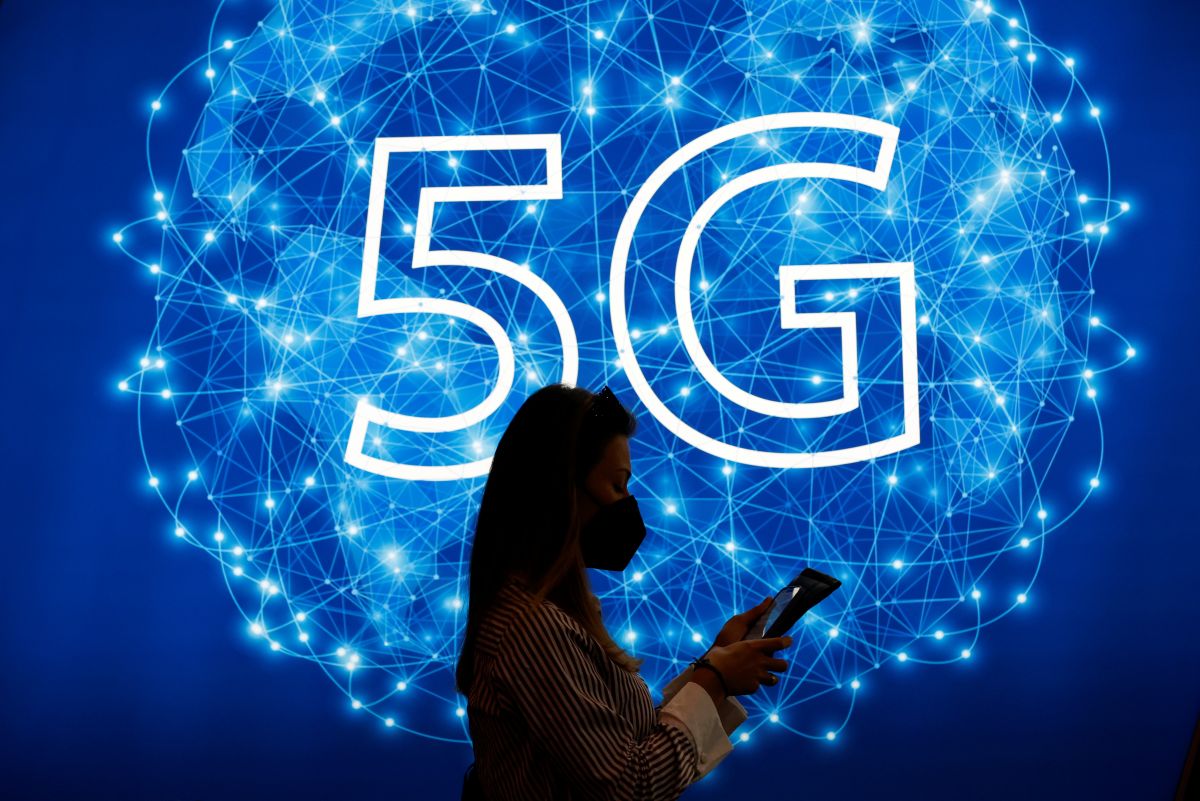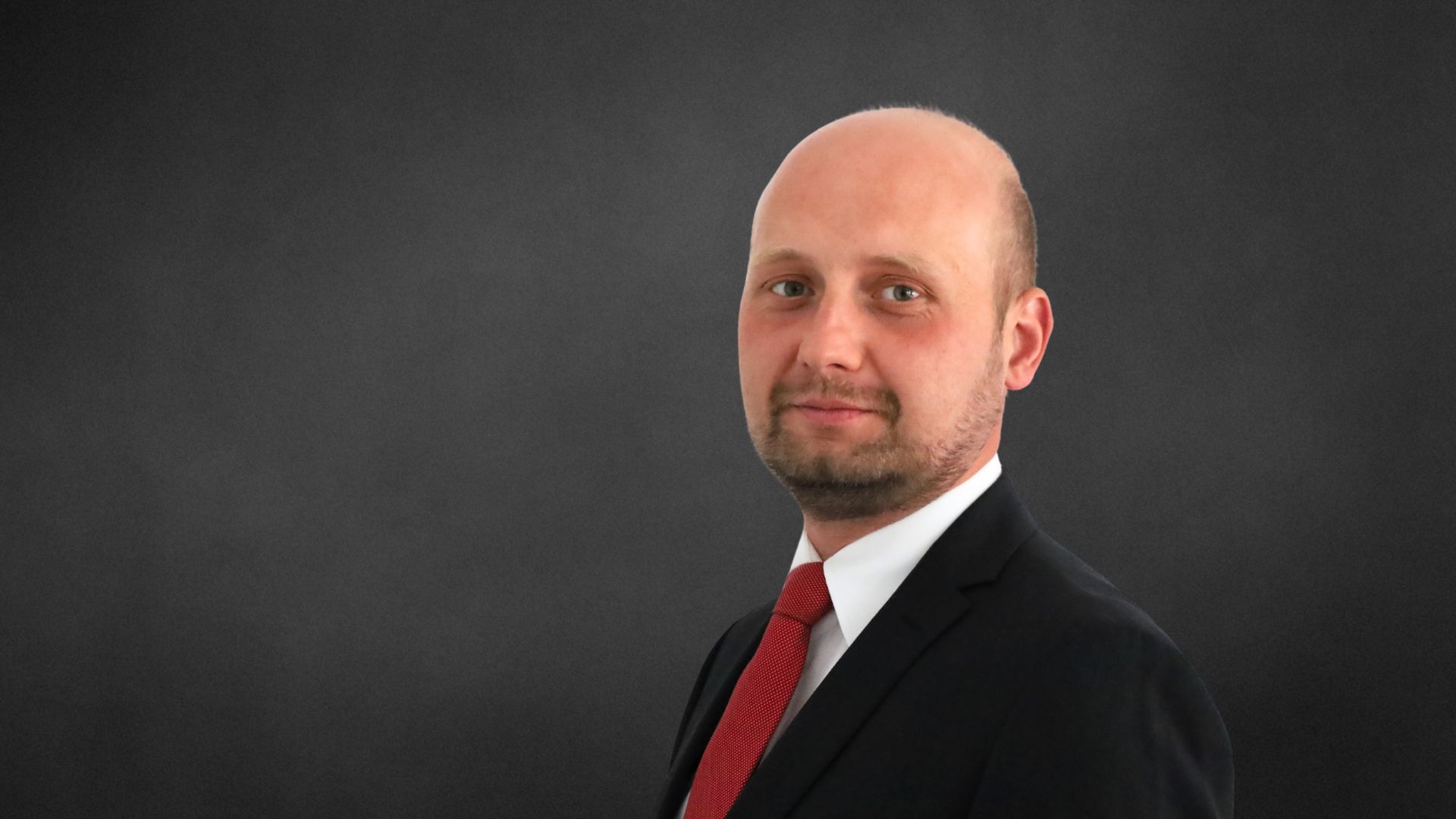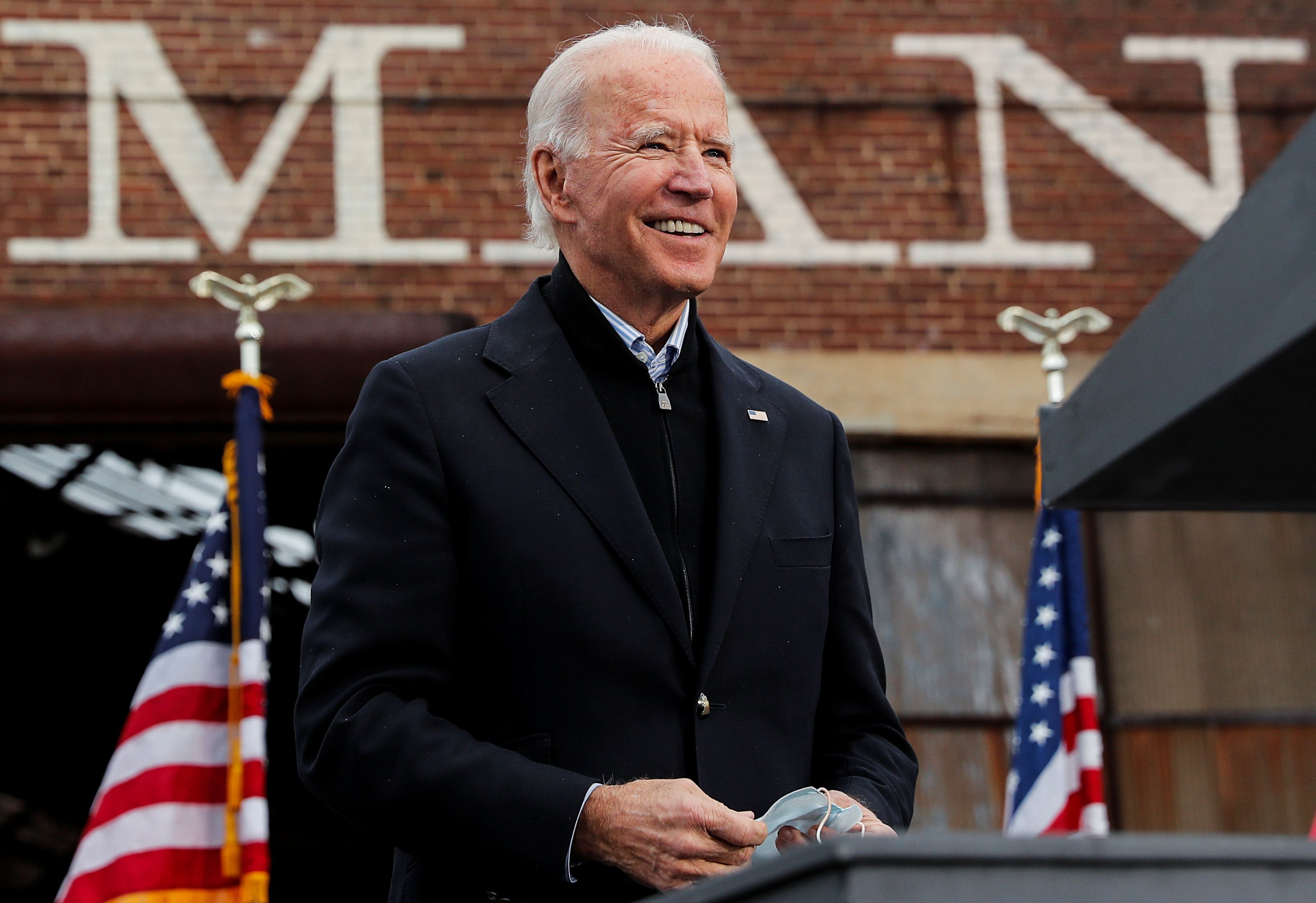A New Opening Appears in the International Telecommunications Union - without Russia
Russia’s loss in the competition for the position of secretary-general and a seat on the Council of the International Telecommunication Union (ITU) confirms that Russia’s position in international institutions has weakened as a result of the aggression against Ukraine. On the other hand, the success of the U.S. and the EU in the elections for key positions in the organisation gives them the opportunity to more strongly influence the shaping of standards in important branches of the modern economy, such as artificial intelligence (AI) or wireless communications. The quality of transatlantic leadership in the ITU may determine the chances of its extension to other UN specialised organisations.
 ALBERT GEA / Reuters / Forum
ALBERT GEA / Reuters / Forum
The Organisation
The ITU is a United Nations specialised agency coordinating international cooperation in the field of information and communication technologies. Initially focused on developing global standards for telegraph services, as technology advanced, its scope of work expanded to cover telephone services and radio frequency allocation. Today, the ITU is also concerned with allocating slots for satellites in geostationary Earth orbit, supporting the improvement of internet access and setting standards for wireless technologies, the use of AI and the Internet of Things (devices capable of communicating on the internet and with each other). However, it does not administer the resources of the internet itself, such as domain names or IP addresses, which are allocated by the U.S. non-governmental organisation ICANN.
The ITU has 193 member countries—all of the members of the UN (except Palau) and the Vatican. The supreme organ is the Plenipotentiary Conference (PC), convened every four years, in which each state has one vote. In practice, however, ITU’s functioning is very much influenced by the office of the Secretary-General (SG), which is responsible for its day-to-day management, and the Council, which oversees its operations and is made up of representatives of 48 states (elected by the PC to 4-year terms). The ITU is mainly funded through membership fees and partly by contributions from private entities and fees, such as the registration of satellite networks. Japan and the U.S. were the main contributors in 2021, followed by Germany, France, China, Italy, Russia, Australia and Saudi Arabia, and Canada.
Recent Years at the ITU
While it may seem that the ITU’s activities are strictly technical in nature, they have become politically important in recent years due to the desire of some non-democratic states to increase their influence over it. This was facilitated by the PC’s election of Zhao Houlin of China as SG in late 2014 and his re-election in 2018. (in both cases there were no challengers). During his tenure, the ITU concluded a cooperation agreement with China on the Belt and Road Initiative. The number of Chinese officers in ITU-affiliated projects and responsible for the standardisation process of 5G wireless technology also increased. They sought to facilitate the expansion of China’s Huawei, which became the leader in terms of 5G regulatory proposals submitted and adopted, ahead of Europe’s Ericsson and Nokia or the U.S. Qualcomm, among others. China’s ZTE was also in the top five.
The main source of controversy, however, have been the moves by China and Russia to change the way the internet is governed. With government support, Huawei submitted a proposal to the ITU in 2019 to create a new internet protocol (New IP). The aim was to change the architecture of the entire network. The existing one—highly decentralised, albeit with resources managed by ICANN—was to be replaced by a system of loosely coupled networks with national control points that would allow governments to easily shut down or filter internet traffic. Western democracies objected, preventing the concept from being adopted via the standard consensus route. However, Russia and China continued to call for the ITU to replace ICANN as the network’s governing body and for governments to have greater control over “national segments of the Internet”, as the joint statement by the two countries’ leaders on 4 February this year put it. They hoped to convince developing countries and jointly push for greater control over the network. They stressed that with a one-state, one-vote principle adopted in the ITU, these countries would have more say in internet governance. In June 2022, Huawei again proposed solutions to increase control over the internet (so-called IPv6+). Once again, resistance was mainly from Western countries.
The Success of the Democratic West
The disputes of recent years were reflected at the last CP (26 September to 14 October 2022). The CP agenda included the election of a new SG for the 2023-2026 term. The first of the two candidates was American Doreen Bogdan-Martin, who has nearly 30 years of experience working in various positions in the ITU. The second was Russian Rashid Ismailov, the deputy minister of Telecom and Mass Communications, president of the ITU Council since 2018, and for years an employee of companies such as Ericsson, Nokia, and later Huawei. The choice between the two was seen as a choice between the competing visions of the internet and the path of development of new technologies promoted by their respective countries and the leadership of one of them in the organisation. Bogdan-Martin won with 139 of the 172 votes cast for her, becoming the first female SG of the ITU. Ismailov received just 25 votes. This was significant because the vote was secret, ensuring some freedom from Russian or U.S. pressure. Ismailov’s defeat was influenced by his country’s weak diplomatic position related to the aggression against Ukraine, the restriction of internet access in the country, and the destruction of Ukrainian infrastructure. Until recently, Russia had been able to persuade about half of the ITU countries (mainly developing ones) to criticise the current internet model, among others, as being imposed by the U.S., but in the face of its aggression against Ukraine, Ismailov’s attempts to play up resentment towards the U.S. failed. At the same time, the U.S. treated Bogdan-Martin’s candidacy as a prestigious challenge, with calls for support from, among others, Secretary of State Antony Blinken and U.S. Ambassador to the UN Linda Thomas-Greenfield. This contrasted with the situation in 2018 when the U.S., despite emphasising the role of an independent internet and willingness to defend it in international organisations, did not field a counter-candidate to Zhao Houlin.
Lithuanian Tomas Lamanauskas became the deputy SG, defeating candidates from South Korea and Samoa. Among other results favourable to democratic states, the defeat of a Russian bid for the ITU Council is notable as it is the first time in at least four terms (in its geographical group, Poland won the seat for the fourth time). Belarus and Iran were also not elected to the Council, which may be explained as voters’ objection to their use of internet control to persecute the opposition, as well as their involvement in the war in Ukraine. China retained its seat on the ITU Council, although its candidate was appointed to the less prestigious position of a member of the Radio Regulations Council.
Conclusions
Russia’s defeat in the ITU elections shows that its protracted war in Ukraine has diminished the diplomatic support from other states in the UN system (it has already lost the 2022 elections to the Governing Council of UNICEF and UN Women, among others), especially in secret ballots. In the longer term, a side effect of the invasion of Ukraine may be the failure of Russian plans to change how the internet is governed, much to the displeasure of China, which has so far worked closely with Russia on this issue. The success of the U.S. representative, on the other hand, is proof that, in line with Biden’s declarations during the presidential campaign, the U.S. is indeed attempting to rebuild its position in the UN system, for which it also has grounds as one of the main contributors to the ITU budget.
The holding of the two main positions in the ITU by people from the U.S. and Lithuania also means that for the next four years its leadership will be transatlantic. A possibly fair, impartial and consensus-based exercise of office by the newly elected SG and her deputy could convince developing countries that the solutions proposed by the U.S. and the EU are not just to promote their own vision of cooperation, but are in the interest of all. That could provide an opportunity to increase the chances of selecting EU and U.S. candidates for key positions in other specialised organisations.
A greater role for the EU and the U.S. in the ITU also means challenging the dominance of non-democratic states in the organisation observed in recent years and increasing the influence of democratic states in shaping its policies. With the ITU’s increasing involvement over the past few years in regulating issues as important to the economy and human rights (e.g., to privacy) as the use of AI or the Internet of Things, this is good news for Poland, which shares the view of the U.S. and the EU. By continuing to be a member of the ITU Council, it will be able to participate in important decisions to a far greater extent than non-member states.




